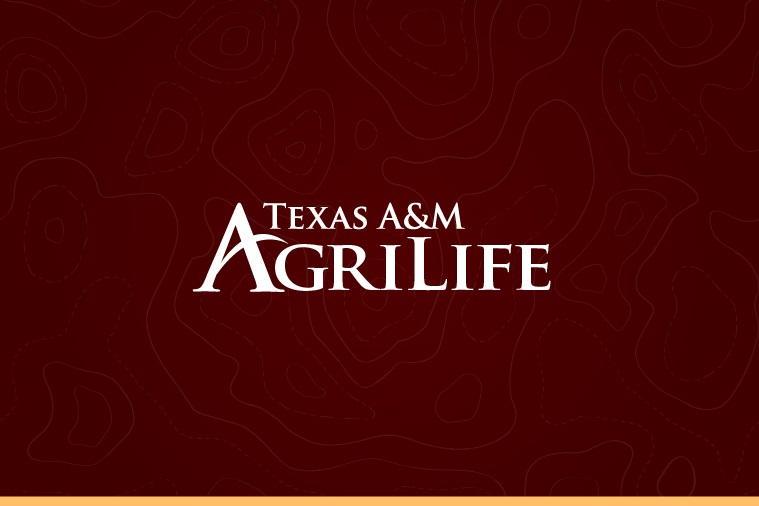September 25, 2025 – Texas A&M Department of Horticultural Sciences forges ties with 50-plus nations to advance wine science
For the booming and rapidly evolving Texas wine industry, membership in the International Organisation of Vine and Wine, OIV, has its privileges.
OIV is an intergovernmental organization dedicated to the science behind viticulture and winemaking. Its membership represents 51 nations, including major wine-producing countries like France and Spain. There are 15 international wine and spirits organizations that act as “observers.” Those organizations help set the standards for the vine and wine industry and contribute to grape production practices and the science of making wine.
Texas is the only U.S. state with observer status. Observer status allows the state to participate in global OIV activities and research that supports the wine industry.
The Texas Department of Agriculture gained the state’s observer status in 2022, and subsequently chose the Texas A&M College of Agriculture and Life Sciences Department of Horticultural Sciences to lead the state’s scientific delegation. Amit Dhingra, Ph.D., head of the Department of Horticultural Sciences, said the department has leveraged the special designation to open innovative research, teaching and outreach opportunities in Texas.
“The OIV Observer designation gives Texas’ growing wine industry a voice in shaping the future of global wine production,” he said. “It is more than recognition. It is an invitation to help lead through science.”
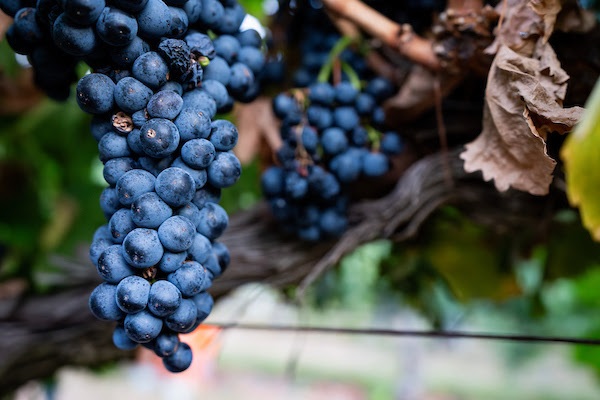
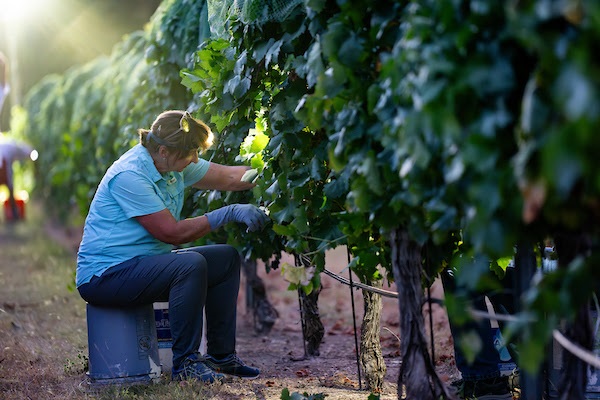
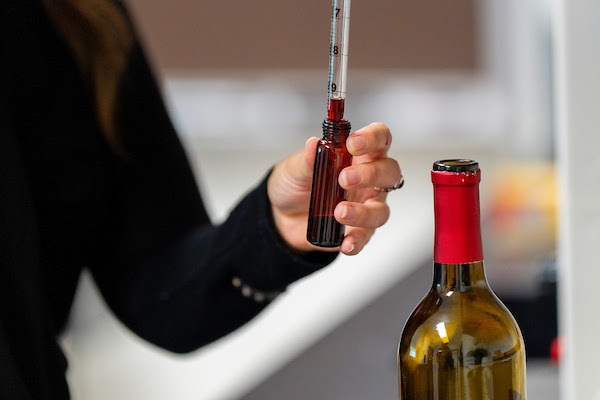
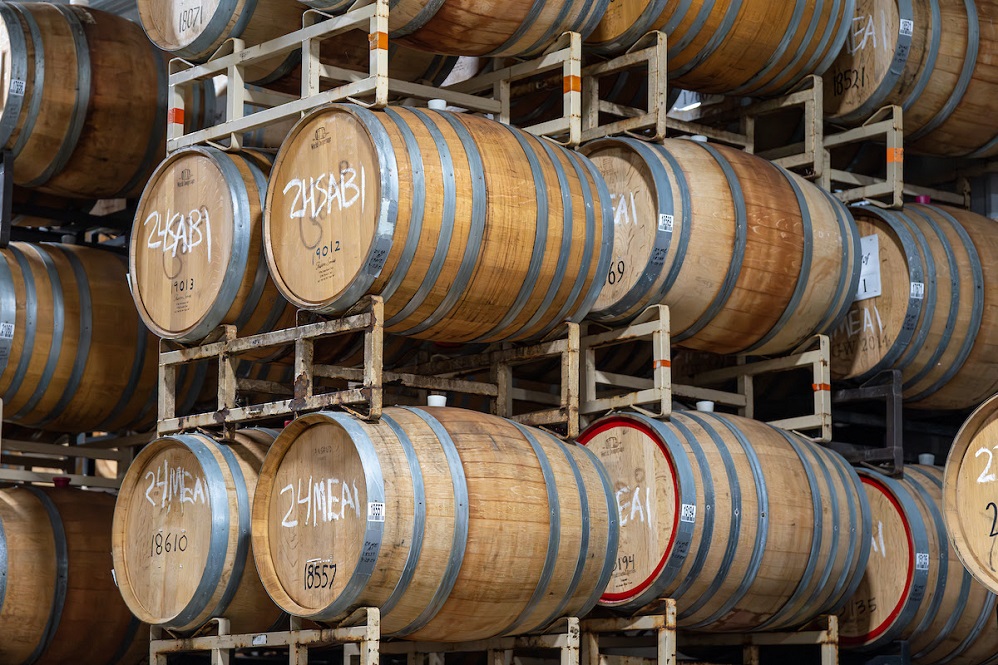
The Texas wine industry has been booming. The OIV Observer designation will enhance the Texas A&M Department of Horticultural Science’s ability to coordinate research and collaborate on projects that support vineyards and winemakers across the state. (Sam Craft, Michael Miller, Courtney Sacco/Texas A&M AgriLife)
A growing Texas wine industry
The Texas wine industry represents a $24.39 billion economic impact for the state, according to a study by WineAmerica, the national association of American wineries. It benefits a range of sectors from agriculture to tourism.
Now the Texas wine industry has direct access to expertise and scientific findings from more than 50 countries, including major wine-producing nations like Spain, Italy and France.
“Texas vineyards and winemakers aren’t just making great wine, they’re driving a $24.39 billion economic powerhouse that elevates our state’s reputation,” said Texas Agriculture Commissioner Sid Miller. “With 700 wineries and over 14,043 vineyard acres, this sector sustains more than 141,000 jobs and attracts 2 million visitors annually. Nearly $686 million flows directly into our local communities. This is what Texas innovation looks like: homegrown, hardworking, and globally recognized.”
Land-grant mission working for Texas wines
The OIV observer designation allows Dhingra, the department and other key partner institutions to engage with OIV’s broad network of experts and participate in broader global initiatives.
The network opens possibilities for collaboration and provides decades of knowledge and experience that can help guide the industry as it grows. It also strengthens Texas A&M AgriLife’s ability to advance sustainable economic, cultural and environmental solutions through science, education and outreach.
Advancing wine science also lends well to key missions of the Department of Horticultural Sciences – to enhance Texas horticulture’s competitive position nationally and globally while increasing food security and improving health and wellness.
“Texas winemakers want to market to the world,” Dhingra said. “The land-grant mission is focused on impact, and the observer status opens doors for us to elevate how we deliver on that mission.”
Texas: a wine-science laboratory
Dhingra said the department is investing time and effort to optimize the designation. He organized a wine tasting at the OIV headquarters in Dijon, France, last year, and has visited other observer countries like Spain and Mexico for international wine and vine conferences.
Department experts also participated in an OIV symposium in Austin that focused on grapevine diseases, including Pierce’s disease and Flavescence dorée disease, last year. The engagement is changing how the wine world views Texas’ industry and potential for world-class wines.
Opening Texas to global research and collaboration via the OIV observer status will benefit growers here and around the world, Dhingra said. Texas’ geography, range of climates and soil types make it an ideal testing ground for wine grapes.
“We believe Texas can become the world’s wine laboratory,” he said. “Between our unique geography and our land-grant mission, we are at the spearhead of wine science. In Texas, we are no longer following global wine trends, we are helping shape them.”
Texas wine, scientifically rooted
From the vineyard to the lab, the Department of Horticultural Sciences is advancing wine science through research, teaching and Extension. Discover how their work is shaping the future of Texas wine across climates, communities and campuses.
-30-
